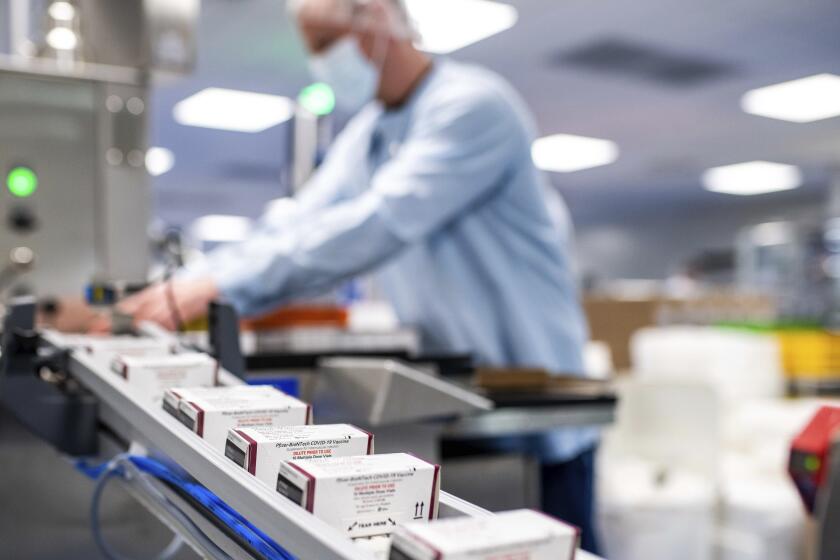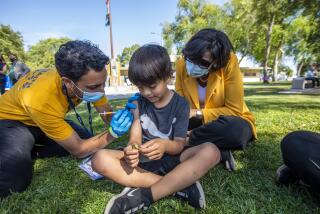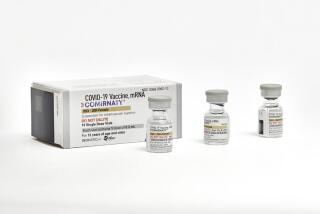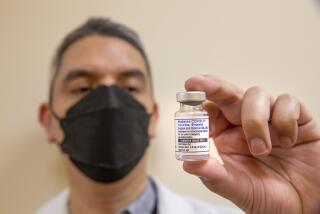CDC experts endorse Moderna COVID-19 shots for kids ages 6 to 17
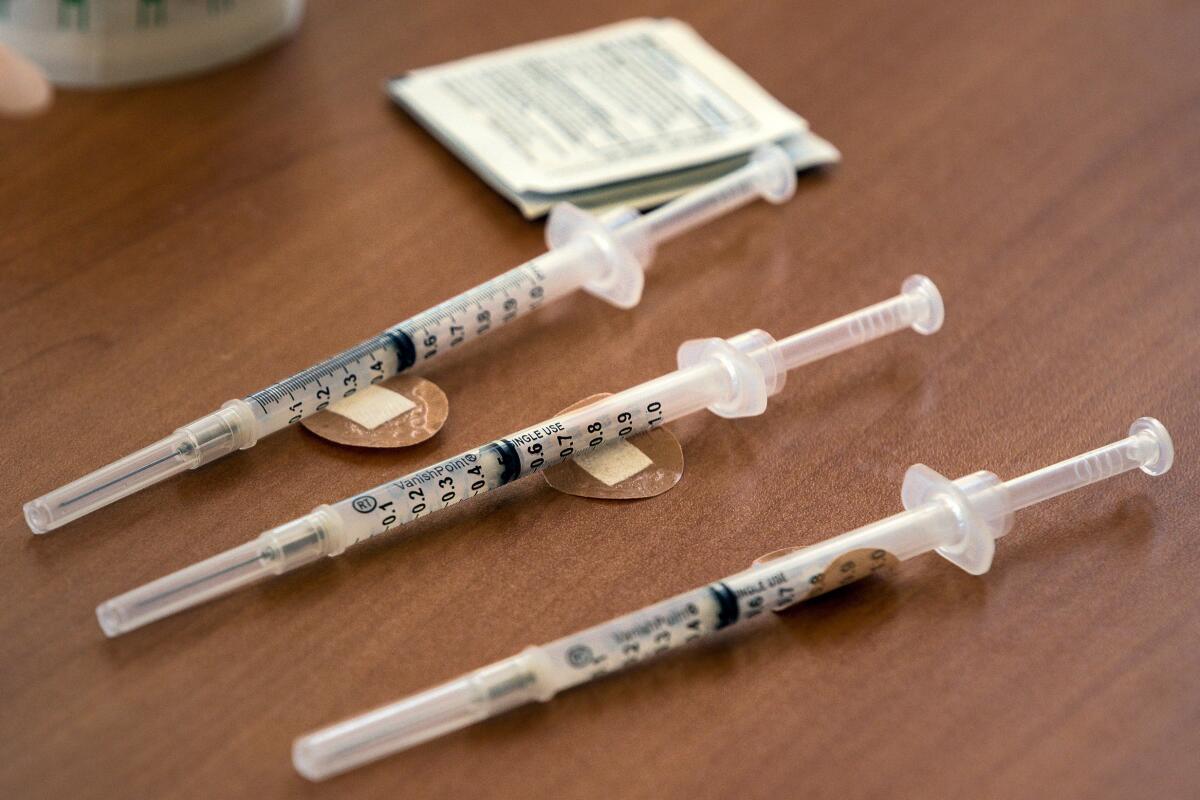
NEW YORK — An expert panel backed a second COVID-19 vaccine option for kids ages 6 to 17 Thursday.
Advisors to the U.S. Centers for Disease Control and Prevention voted unanimously to recommend Moderna shots as an option for school-age kids and adolescents. This age group has been able to get shots made by Pfizer since last year.
The panel’s recommendations usually are adopted by the CDC and become the government’s guidance for U.S. doctors and their patients.
Last week, the Food and Drug Administration authorized the shots — two full-strength doses for children ages 12 to 17 and half-strength doses for those 6 to 11. The doses are to be given about a month apart.
U.S. health officials recommended COVID-19 vaccines for infants, toddlers and preschoolers.
The FDA also authorized a third dose for kids with significantly weakened immune systems, to be given about a month after the second dose of the primary series. The CDC is expected to recommend the same thing.
Moderna officials have said they expect to later offer a booster to all kids ages 6 to 17.
How much demand there will be for the shots isn’t clear. Teens became eligible a year ago for Pfizer’s vaccine, which uses the same technology, and only 60% have gotten two doses. Shots for younger kids started in November; about 29% have been fully vaccinated, according to the CDC.
More than 600 COVID-19 deaths have been reported in kids ages 5 to 17 in the U.S. Health officials also have voiced concern about the increased risk of long-lasting health problems in children after infection, such as diabetes or problems with smell or taste.
